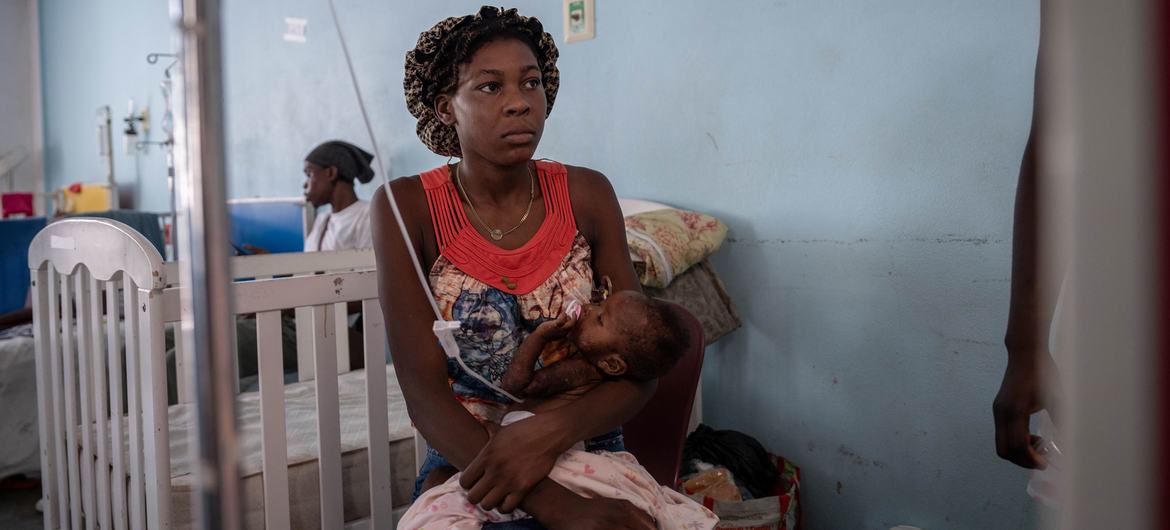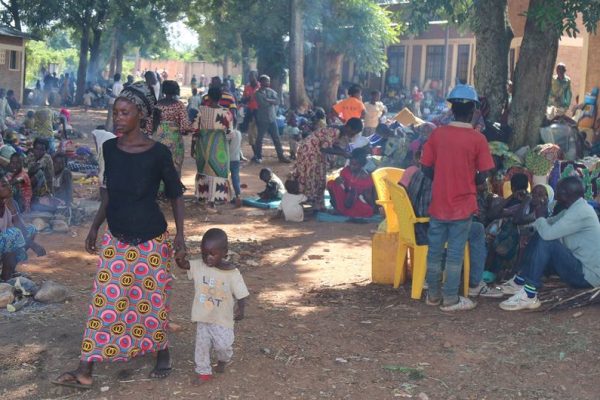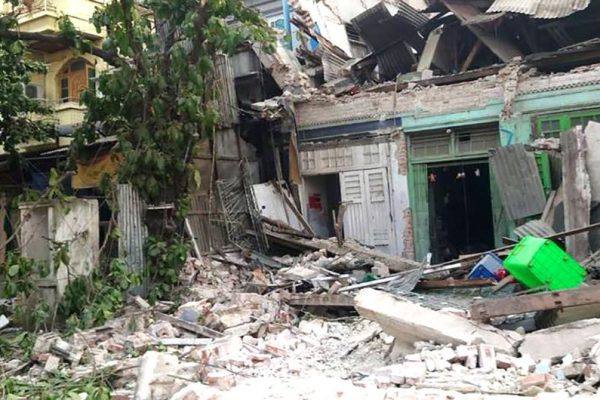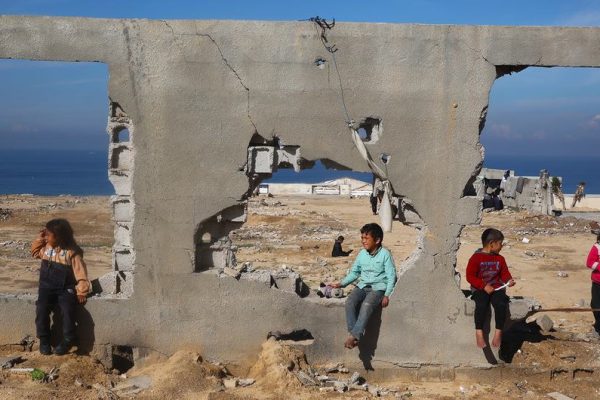“We now have five million people in Haiti that are acutely food insecure, of which 1.6 million are classified as facing emergency food insecurity conditions,” said WFP Country Director Jean-Martin Bauer, speaking via videolink to journalists at UN Headquarters in New York.
“These are the highest numbers on record. These are the highest numbers we've had since the 2010 earthquake,” he added.
-
Feeding displaced people
Mr. Bauer’s briefing took place just hours after WFP and sister UN agency the Food and Agriculture Organization (FAO) published their latest hunger hotspots report, calling for action to save lives and prevent starvation in 18 places such as Gaza, Sudan and Haiti.
He spoke from a community kitchen in Port-au-Prince, managed by WFP and a local partner, that prepares thousands of hot meals for people displaced by the rampant gang violence and the ensuing insecurity and human rights violations that have rocked the city in recent years.
The UN Security Council has authorised the deployment of a multinational security support mission to assist the Haitian National Police, which is still in the planning stages.
-
Airport shuttered
The situation in the Caribbean country worsened in early March after gangs tightened their grip on the capital, carrying out coordinated attacks against police stations and other key State institutions and releasing thousands of prisoners in jail breaks. Flights were grounded and the Prime Minister, Ariel Henry, resigned.
Responding to reporters’ questions, Mr. Bauer said that security is the “number one priority” in the face of violence that makes it dangerous for people, including his staff, to even take their children to school, shop for groceries or go to church.
The violence has forced over 360,000 Haitians to flee their homes. More than 100,000 left Port-au-Prince in March alone, he said, citing data from UN migration agency IOM.
Mr. Bauer said this “exodus” from the capital is especially affecting the south of the country, where infrastructure is limited, thus compounding the food crisis.
Although a new Prime Minister has been nominated, the period since then “has been quite violent, quite unsettled”, he added.
“The country has been blocked. The main ports for containers [and] the airport were not functional for months. They've slowly resumed functioning,” he said.
-
A million meals
Humanitarians have been doing their best to respond to the crisis, and the hot meals programme is just one example of their efforts, he said. In total, WFP and partners have assisted more than 100,000 people since the start of the year, providing over a million hot meals.
“Right now, we've been able to use the stocks that we placed in position in Port-au-Prince ahead of the crisis, but those have been running low,” he said.
With the recent re-opening of the port, he expressed optimism that more commodities will flow into the country to sustain humanitarian activities.





